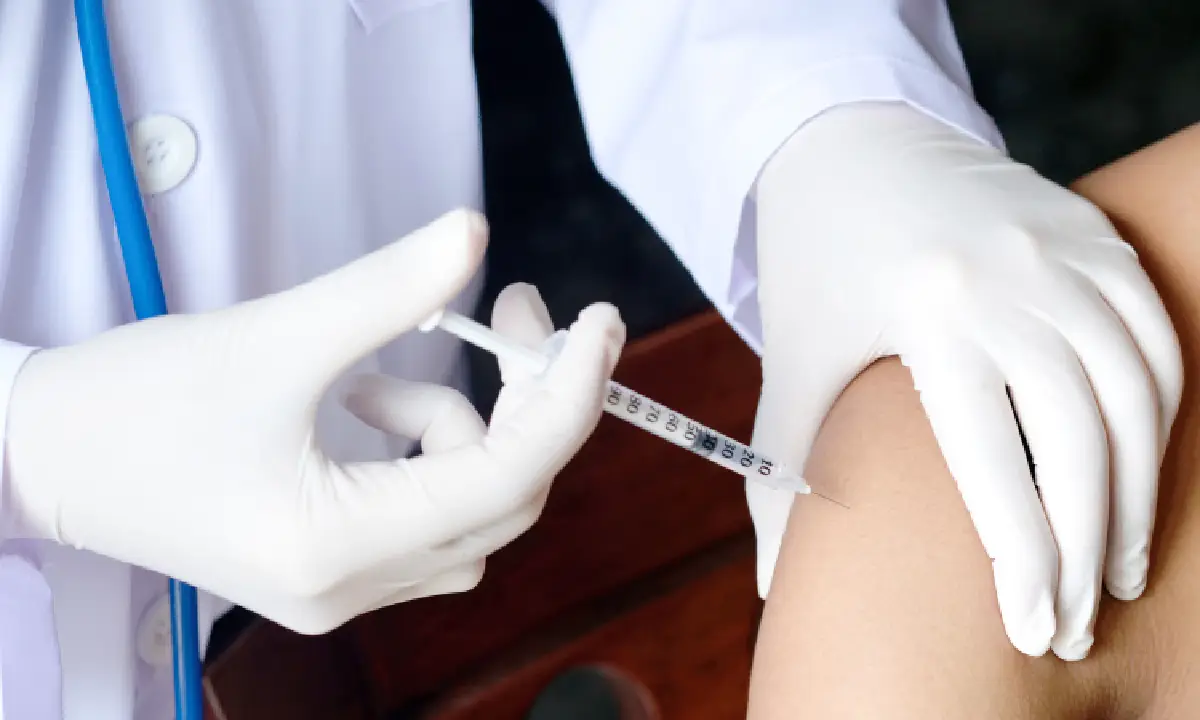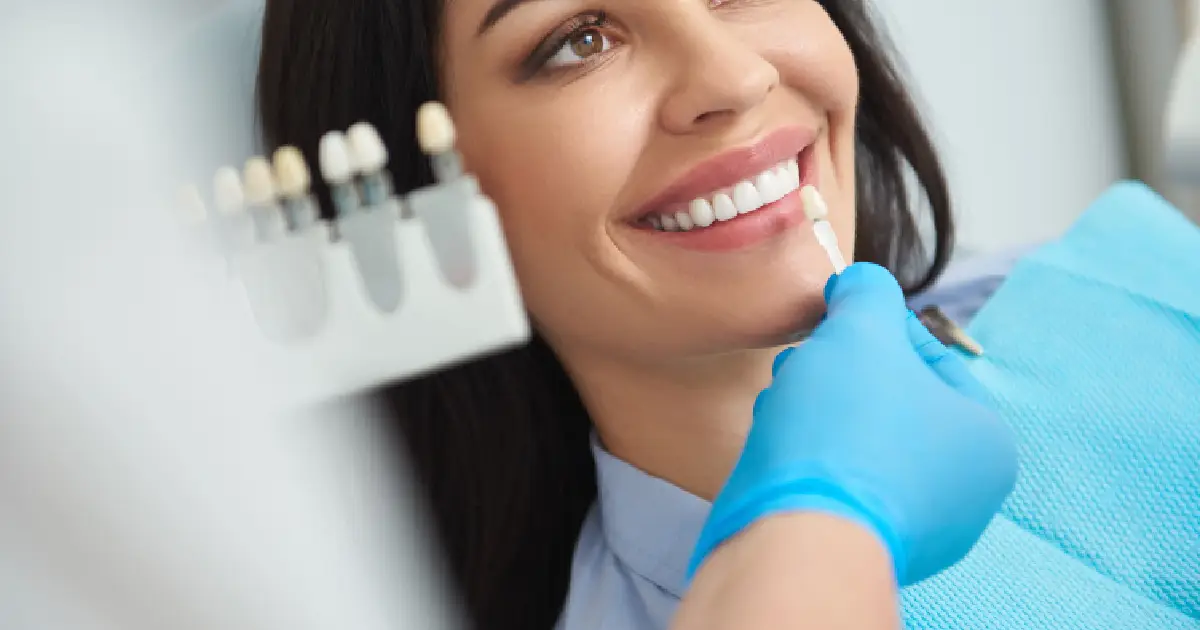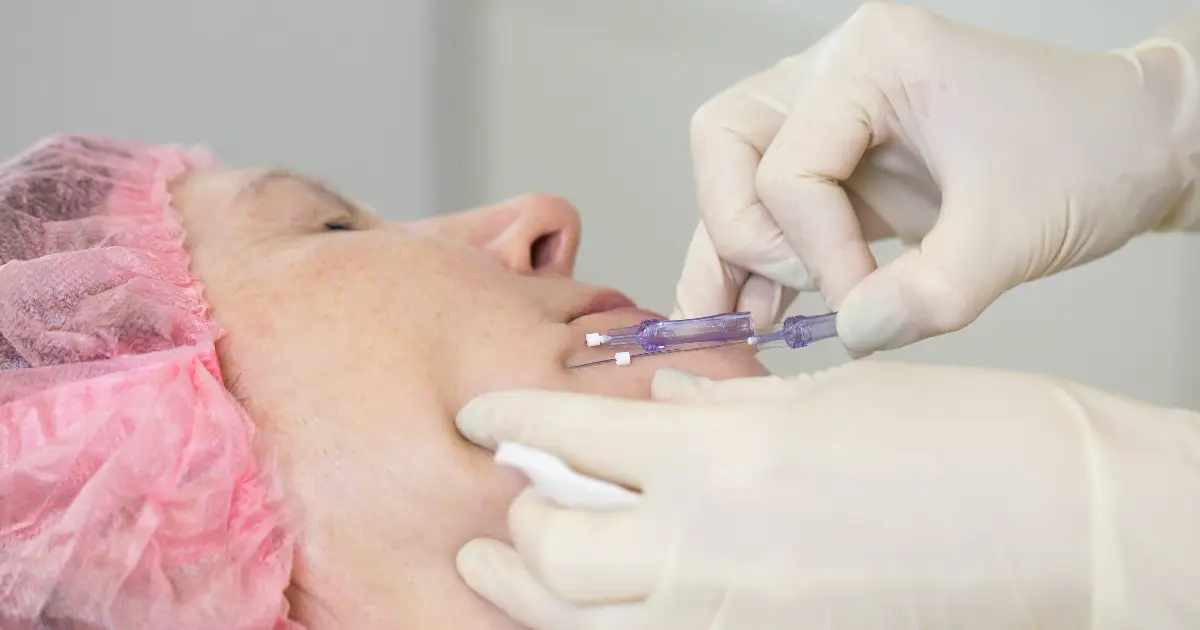Over time and as we get older, we begin to lose the radiance and appeal we had when we were younger. Humans have been searching for the mythical spring known as the Fountain of Youth for hundreds of years. According to mythology, drinking or swimming in its healing waters would turn back the hands of time and leave you looking and feeling like you did when you were younger.
Today, the hunt is no longer literal, but it continues in a metaphorical sense and with a steadfast sense of determination. The urge to reclaim physical appearance and energy levels is possibly more intense now than it has ever been, especially as we live longer lives in a culture that actively glorifies youth. Because of this, people have begun to wonder if hormone replacement therapy (HRT) can help you seem younger.
Hormone levels fluctuate throughout our lives, guiding our growth through childhood, puberty, and the childbearing years, among other stages of development. These alterations are also intricately tied to the process of becoming older.
Falling testosterone levels in men and fluctuations in estrogen and progesterone levels accompany perimenopause and menopause, resulting in a variety of physiological alterations in both men and women. Some of these modifications are merely inconvenient or neutral in nature. Others, on the other hand, can have a significant and disastrous effect.
For example, the physical changes brought on by fluctuating hormone levels can substantially impact how you feel about yourself. And this is true on a deeper level; social and emotional concerns brought on by a change in appearance can have a negative impact on both your interpersonal relationships and your sense of self-confidence as you go about your everyday activities. Because many of these changes are tied to hormone levels, hormone replacement therapy (HRT) has the potential to influence how you appear and feel as you get older.
What Role Do Sex Hormones Play in the Aging Process?
Sex hormones play a very important role in the development of your body, from fetal development in the womb to sexual development during puberty to reproductive function as an adult. The effects of sex hormones, on the other hand, are not exclusive to sex and reproduction. They have an impact on a wide range of physical characteristics, actions, and emotional states rather than on a single characteristic or mood.
A woman’s estrogen and progesterone levels can fluctuate considerably over the duration of her reproductive years before dropping to signify the conclusion of her reproductive years. The hormonal transition in men, on the other hand, occurs over a longer period of time, with testosterone levels dropping by approximately 1-2 percent per year beyond the age of 30. Nonetheless, for both men and women, the hormonal changes that occur as we age significantly impact numerous body tissues and systems, affecting our overall appearance and well-being. These are some examples:
- Body Composition – A decrease in testosterone levels in men has been linked to central obesity as well as a loss of lean muscle mass. As with menopause, women significantly reduce the protective and restorative effects estrogen exerts on their muscles, and alterations in fat distribution caused by hormones contribute to an increase in abdominal fat deposition. Changes in fat distribution and a loss of muscle tone can strip you of your young appearance while also compromising the strength and integrity of your musculoskeletal system.
- Bone Health – An association has been established between age-related reductions in sex hormones and bone density decline. The majority of the time, this occurs in women post-menopause and men after the age of 65—or earlier if they have exceptionally low testosterone levels. Although bone loss might manifest itself in your posture, it also makes you more susceptible to fractures and can prevent you from feeling strong and healthy.
- Sex drive and sexual function – The impact of sex hormones on sex drive and sexual health is perhaps the most apparent function of these hormones. In addition to the symptoms and repercussions of menopause, perimenopause, and andropause, you may also have decreased sexual desire and, in the case of women, even painful sex as a result. In addition to being unappealing, you may find yourself feeling out of touch with your body due to this.
- Metabolism and Energy Level – It is believed that the loss of muscle mass contributes to a slowed metabolism, which can result in not only a change in appearance but also exhaustion and a lack of energy. Because of this, people may lead less active lives, which may contribute to increased weight gain and bone and muscle loss.
- Skin, hair, and nails – Numerous noticeable changes become apparent in the integumentary system, including your skin, hair, and nails when sex hormone levels begin to decline. Skin gets thinner, less elastic, and drier as it ages; wrinkles appear, and the skin sags as a result. At the same time, several of the skin’s protective mechanisms become less effective, increasing the skin’s vulnerability to cancer and reducing the skin’s ability to repair wounds. Changes in skin color and hair loss are also related to the aging process. All of these changes are difficult for us as we seek to maintain our finest appearance.
When it comes to age-related hormone changes, some people cope well and are unconcerned about the changes in their looks, but it is a tremendously distressing experience for others.
The Most Asked Question
It’s only natural to want to appear younger—after all, there’s a reason the legend of the Fountain of Youth has spread across cultures and persists in resonating with us. Changes in your physical appearance as you grow older indicate a decline in your energy.
They have the potential to influence how you perceive yourself, how others perceive you, and how you perceive the world around you. It is common to feel as if you have become a stranger in your skin since your outward appearance no longer reflects how you are feeling on the inside.
If you are experiencing the effects of age-related hormonal shifts, seeking the advice of a highly qualified practitioner who specializes in hormone replacement therapy (HRT) can help lessen many of the physical changes that make you appear and feel older.
HRT can help you retain a more youthful body composition by augmenting your body’s natural hormone levels. Despite the fact that this impact is most noticeable in men, research suggests that women benefit. HRT is also known to assist women in maintaining softer, smoother skin, which results in a more youthful appearance.
In addition to—and, in many cases, as a result of—these bodily changes, hormone replacement therapy (HRT) frequently alters how you perceive yourself. When used to treat the symptoms of hormonal transition, hormone replacement therapy (HRT) can actually make you look and feel younger. It can provide you with more energy, improve your mood, and raise your sex desire. It has the potential to make sex more comfortable and sleep better for both men and women.
All of these things may not only make you feel better and more confident, but they may also encourage you to be more physically active and to take better care of your body. In other words, they can assist you in feeling like yourself and allowing you to present your best self to the world.
Hormone replacement therapy may not be the Fountain of Youth, but it can assist you in living your best life possible. When used with a healthy and proactive lifestyle, HRT opens the door to new possibilities for aging peacefully and gracefully. Because of the physical and emotional boost it delivers, you may continue to seem and feel more youthful and energetic for many years to come.
Talk to Us About Hormone Replacement Therapy
Wilson Aesthetics can assist you if you want to understand more about the possibilities of hormone replacement therapy. As leading experts in hormonal health, the Wilson Aesthetics network’s practitioners have a lot of knowledge and experience in delivering individualized treatments to age-related hormone changes.


